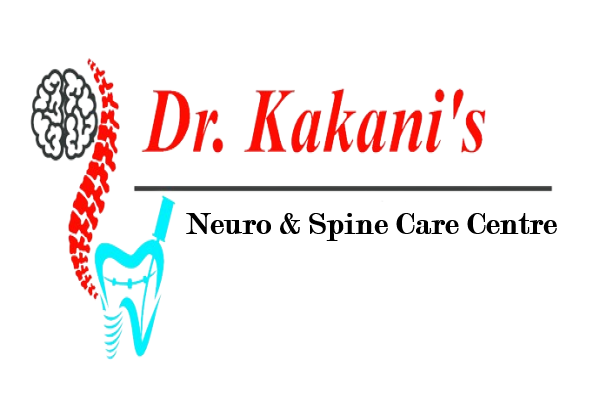Brain and spinal cord injuries can result from various traumatic events, such as accidents, falls, sports injuries, or medical conditions. These injuries can have significant and often long-lasting effects on an individual's physical, cognitive, and emotional well-being. Here are key points about brain and spinal cord injuries: Brain Injury: Traumatic Brain Injury (TBI): Caused by a sudden impact or blow to the head or a penetrating injury that disrupts normal brain function. Severity can range from mild (concussion) to severe, with long-term consequences. Acquired Brain Injury (ABI): Results from non-traumatic events such as strokes, infections, tumors, or lack of oxygen (hypoxia/anoxia). Spinal Cord Injury: Mechanism of Injury: Often occurs due to trauma, such as a fall, car accident, or sports injury. Can also result from non-traumatic causes, including infections, tumors, or degenerative conditions. Levels of Injury: The level of the spinal cord where the injury occurs determines the extent of impairment. Injuries are classified as complete or incomplete, based on the degree of sensory and motor function below the injury site. Symptoms: Brain Injury Symptoms: Cognitive Impairments: Memory problems, difficulty concentrating, and changes in reasoning. Emotional Changes: Mood swings, depression, anxiety. Physical Symptoms: Headaches, dizziness, nausea, and sleep disturbances. Sensory Changes: Changes in vision, hearing, taste, or smell. Spinal Cord Injury Symptoms: Loss of Sensation: Numbness or tingling in the extremities. Motor Impairment: Weakness or paralysis in the affected limbs. Loss of Bowel and Bladder Control: Incontinence. Respiratory Issues: Difficulty breathing, depending on the level of injury. Diagnosis: Imaging Studies: CT scans, MRI, or X-rays are used to visualize the brain or spinal cord and assess the extent of damage. Neurological Examination: Assessing motor function, sensation, reflexes, and coordination. Functional Assessments: Evaluating the individual's ability to perform daily activities and cognitive tasks. Treatment and Rehabilitation: Emergency Medical Care: Immediate attention to stabilize the patient and prevent further damage. Surgery: In some cases, surgical intervention may be necessary to relieve pressure, remove hematomas, or stabilize fractures. Rehabilitation: Physical therapy, occupational therapy, and speech therapy, depending on the nature of the injury. Cognitive rehabilitation for brain injuries. Assistive devices and mobility aids may be recommended. Medication: Medications for pain management, muscle spasticity, and other symptoms. Psychological Support: Counseling or therapy to address emotional and psychological challenges. Prognosis: Brain Injury: Prognosis varies widely based on the severity of the injury. Mild injuries may have a good recovery, while severe injuries can result in long-term disabilities. Spinal Cord Injury: Prognosis depends on the level and completeness of the injury. Incomplete injuries may allow for some recovery, while complete injuries may result in permanent impairment. The management of brain and spinal cord injuries is complex and requires a multidisciplinary approach involving neurologists, neurosurgeons, rehabilitation specialists, and other healthcare professionals. Early and comprehensive intervention can significantly impact outcomes and improve the individual's quality of life.

This is your website preview.
Currently it only shows your basic business info. Start adding relevant business details such as description, images and products or services to gain your customers attention by using Boost 360 android app / iOS App / web portal.
917276135101
Have any question or need any consultation?
Online appointment booking is not available right now.
Your enquiry
Your contact info
Appointment Confirmed
Your appointment ID is
| Doctor Name: | |
| Date & Time: | |
| Contact: | +917276135101 |
| Address: | Medicure multispeciality clinic, Ground Floor, Shree Radhe heights, opp. Niti Gaurav Complex, near Lokmat chowk, Ramdaspeth, Nagpur, Maharashtra 440012, India |
| Appointment fee: | |
| Payment mode: | |
| Join video call at: |
Thanks for choosing us.Your appointment details has been shared on your mobile number as well. Please arrive atleast 10 minutes ahead of the scheduled time.
Success
